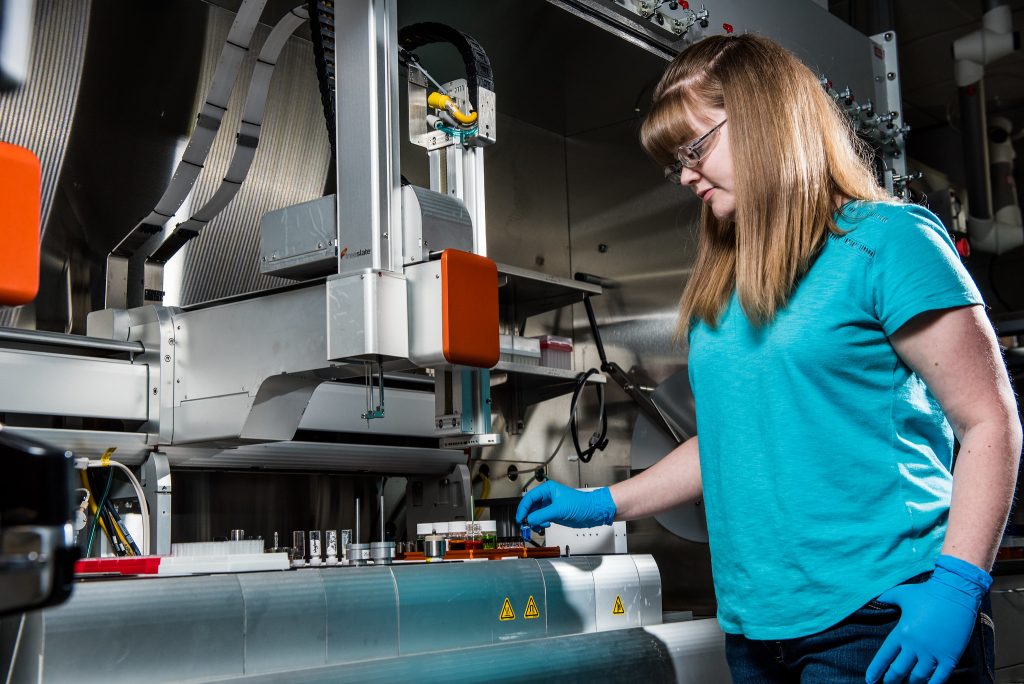Most companies today have sustainability and net zero targets. They are becoming increasingly important to attract customers, employees and investment. What does this mean for companies that make formulations?
This means that companies need to recruit a different mix of employees. Now they need people who combine deep technical knowledge of their field with sustainability skills and climate awareness.
These people are currently rare. That’s why many of the fastest growing jobs right now have a sustainability theme. There is a whole Green Skills sector working on developing the workforce of tomorrow. This means training young people or retraining older people with the new skills needed to deliver net zero and a circular economy.
So IMSE has been working with other UK universities, the National Formulation Centre and several dozen companies, to design PhD training in formulations. We’ve been asking companies: what skills do you actually need in your new hires at this level? What skills are hardest to hire? And particularly, how are the skills you are hiring for changing over time?

Green skills for formulation scientists
There are four big categories of skills that IMSE thinks new graduates will need:
- Formulations science
- Climate science
- Life cycle analysis
- Using AI and machine learning
Formulations science is the knowledge of how to create a formulation. This means combining understanding of the active ingredient with understanding of how it will be used. How concentrated does it need to be? Does it need a stabilising agent? Does it need a perfuming agent?
Climate science is the detailed understanding of the causes of climate change and its consequences for society and the environment. In the context of formulations, this means asking: With temperature extremes more common, how do we make formulations stable these new temperatures? With more variation in the supply of fresh water, how do we adjust formulations to use less water to produce them or to use them?
Life cycle analysis is the process of assessing all the inputs of resources for a product. Not just in developing it in the first place, but also in manufacturing it and in using it. It’s essential to working out whether a new-and-improved product is in fact greener to produce than the original product.
Finally, AI and machine learning are also major new tools in developing formulations. Formulations often contain at least half-a-dozen ingredients, each of which may have dozens of alternatives. So it’s too much work to test all the possible combinations. In consequence, developing a new formulation is very often based on adapting an existing formulation. But modelling tools could test all these combinations in silico, that is, as digital models only. Then scientists could select a few of the most promising to test experimentally in the lab. This testing could itself be done with a robot in a high throughput facility like ATLAS at Imperial College London, so as to speed up the process. These tools allow a much greater “parameter space” to be tested than a company could afford if all the testing had to be done in the lab by people.

Collaboration is key
Obviously no one person can be an expert in all these things! So another key skill for the new generation of formulation scientists will be working fluently with people who have different skills. This requirement for multidisciplinary working is not unique to formulations, but it is key to most of the work that IMSE does.
Find out more about the IMSE MRes to train as a multidisciplinary scientist